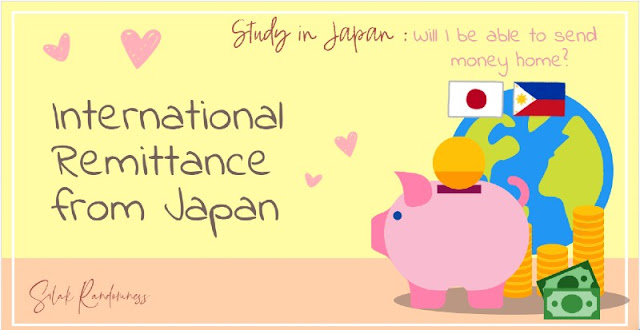From Countryside to City: My Journey and Growth in Japan
Hi guys! Just want to update you. I have been so busy lately that I haven't had the time to update. I plan on posting more in the future. So here's a recap and teaser. The Journey So Far Over the past few years, "Silak Randomness" has chronicled my adventures and experiences as a language student in Japan. This blog has been a platform for sharing insights, offering advice, and documenting the highs and lows of living abroad. From cultural tips to financial advice, we've covered a lot of ground together. Cultural Insights One of the most enriching aspects of my time in Japan has been understanding and embracing the concept of "omoiyari" (consideration for others). This cultural cornerstone has profoundly influenced how I interact with others and navigate daily life. Learning about and practicing these societal norms has provided a deeper appreciation for Japanese culture. Financial Management Managing finances as a student abroad is a crucial skill, and ...






